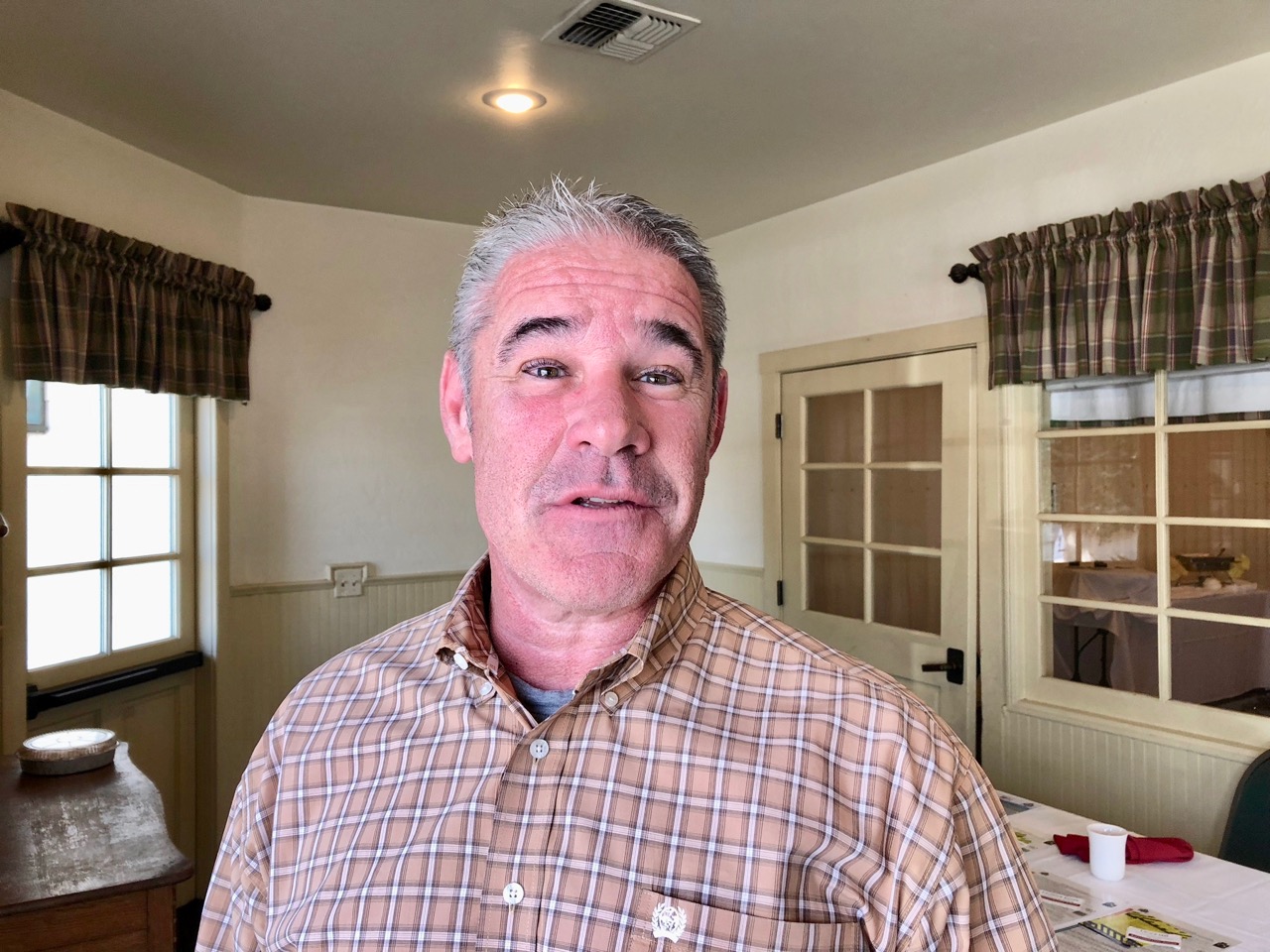Worker Transportation Pay is a New Threat to Agriculture
Plaintiff Trial Attorneys Pushing For Ag to Pay for Transportation Time
By Patrick Cavanaugh, Editor
Something serious that could cost growers a lot of money concerns paying for worker transportation to and from a field, which traditionally has not been paid.
Michael Saqui is the principal owner of the Saqui Law Group, with offices in Roseville and Salinas. He specializes in labor and employment in agriculture.
“We’ve been having area meetings around the state regarding what we consider to be the most pressing and catastrophic issue facing agriculture today,” Saqui said. “The macro view is the proliferation of litigation against farmers for wage and hour Private Attorney General Acts.”
Saqui said it’s moved from nonproductive time, which could have bankrupted many companies had there not been a fixed put in through AB 1513.
“However, now the California Rural Legal Assistance and plaintiff attorneys have moved to the next big issue and that’s farm worker transportation.”
Farm worker transportation spins off the fact that we have a serious labor shortage, and we’re transporting workers greater distances than ever before.
And workers in car crews and buses and vans are being transported or transport themselves greater and greater distances.
“And the theory, of course from plaintiff trial attorneys is that even when they’re clearly voluntary mechanisms by which workers get transported on buses and vans, that it’s defacto involuntary because their theory is that farm workers have no position or station in life to make their own free decisions or have no other means, which is simply not the case.”
“Our workers for the last 30 years through car cruise and carpooling arrangements in vans have been getting around in servicing our crop needs and we have the best, most productive workforce on the planet,” said Saqui. “The plaintiff trial attorneys just keep nipping at different issues, and this is an issue that could potentially cost us hundreds of millions of dollars.”
For more information go to www.CAFarmersforFairness.com.











